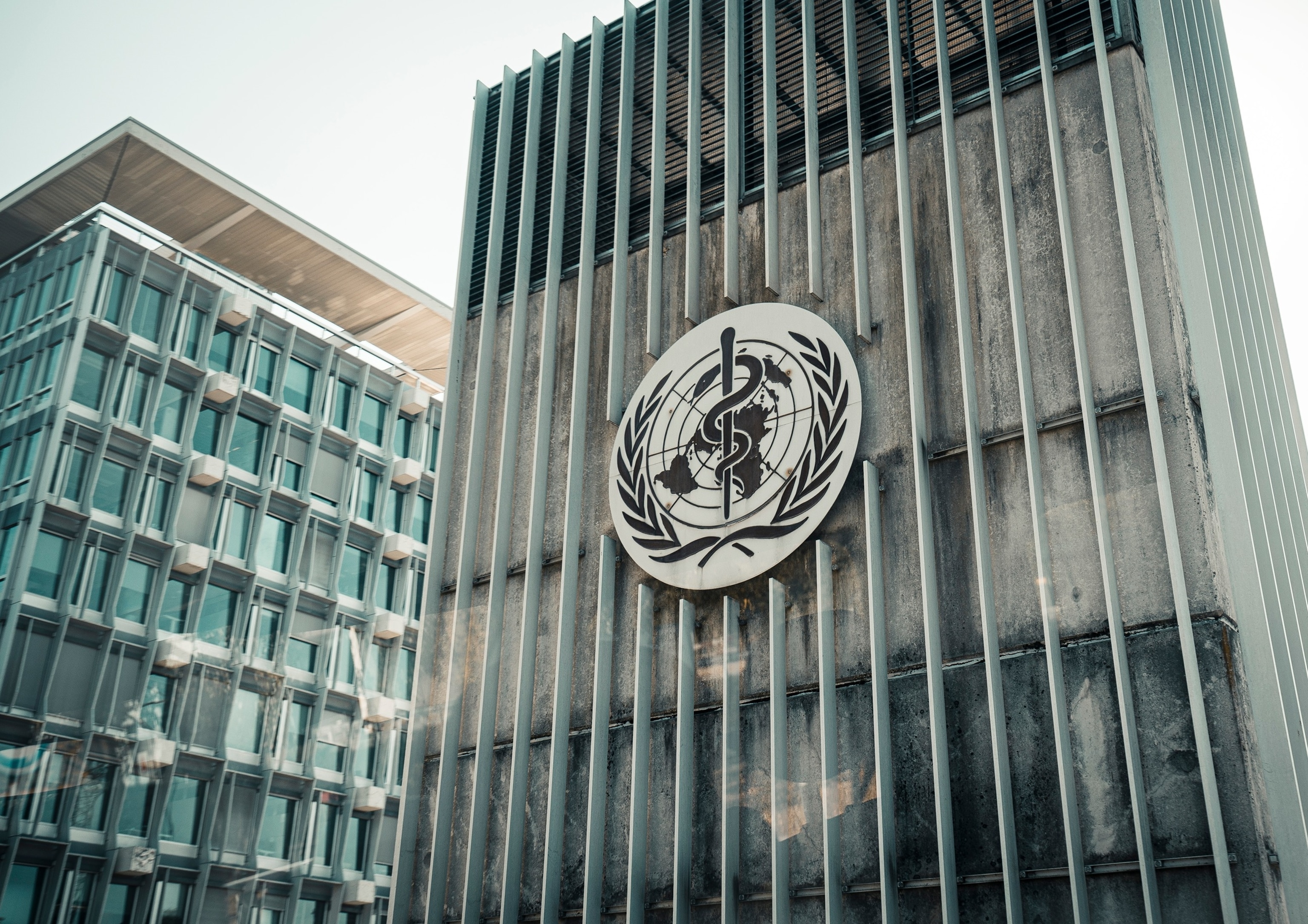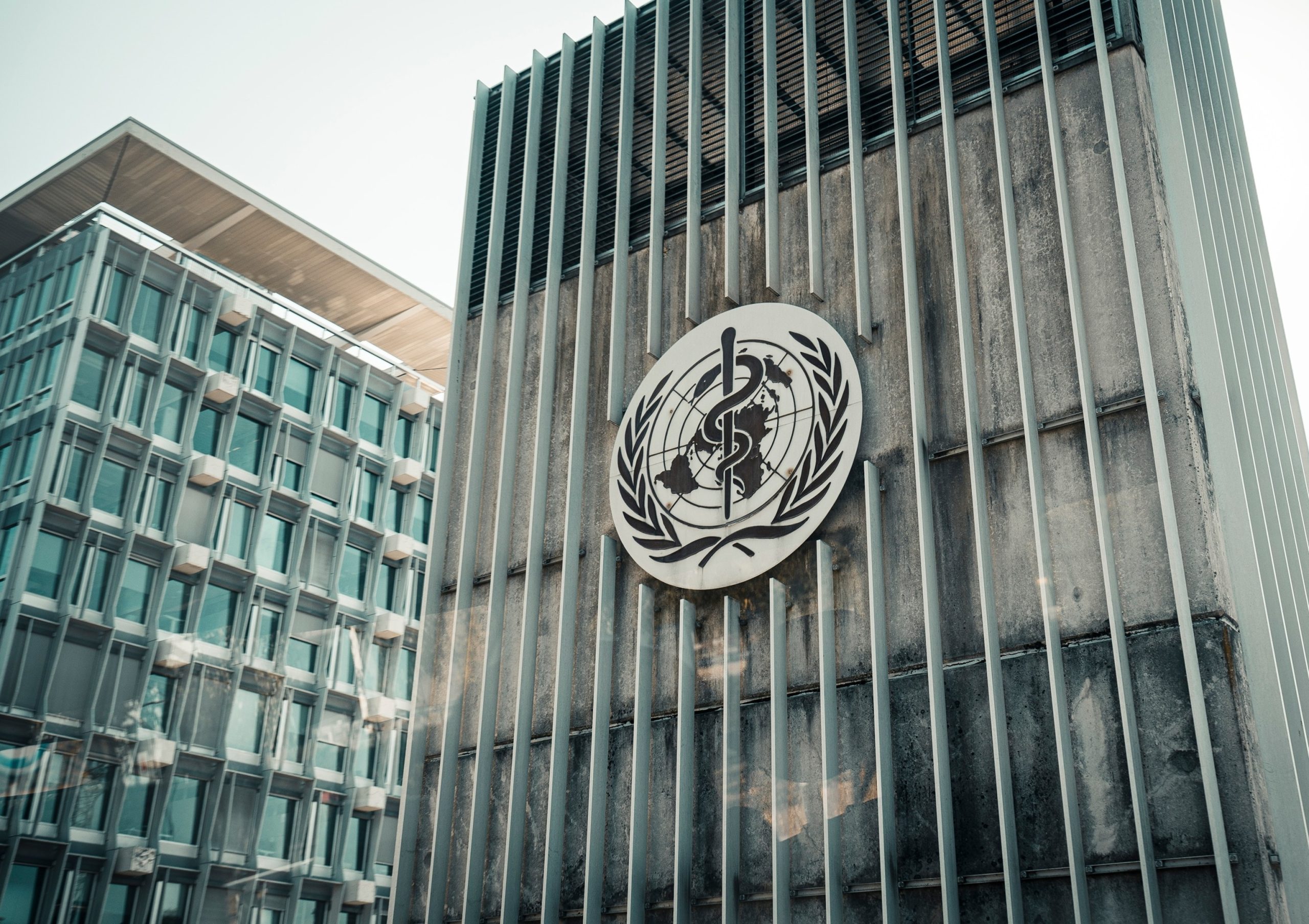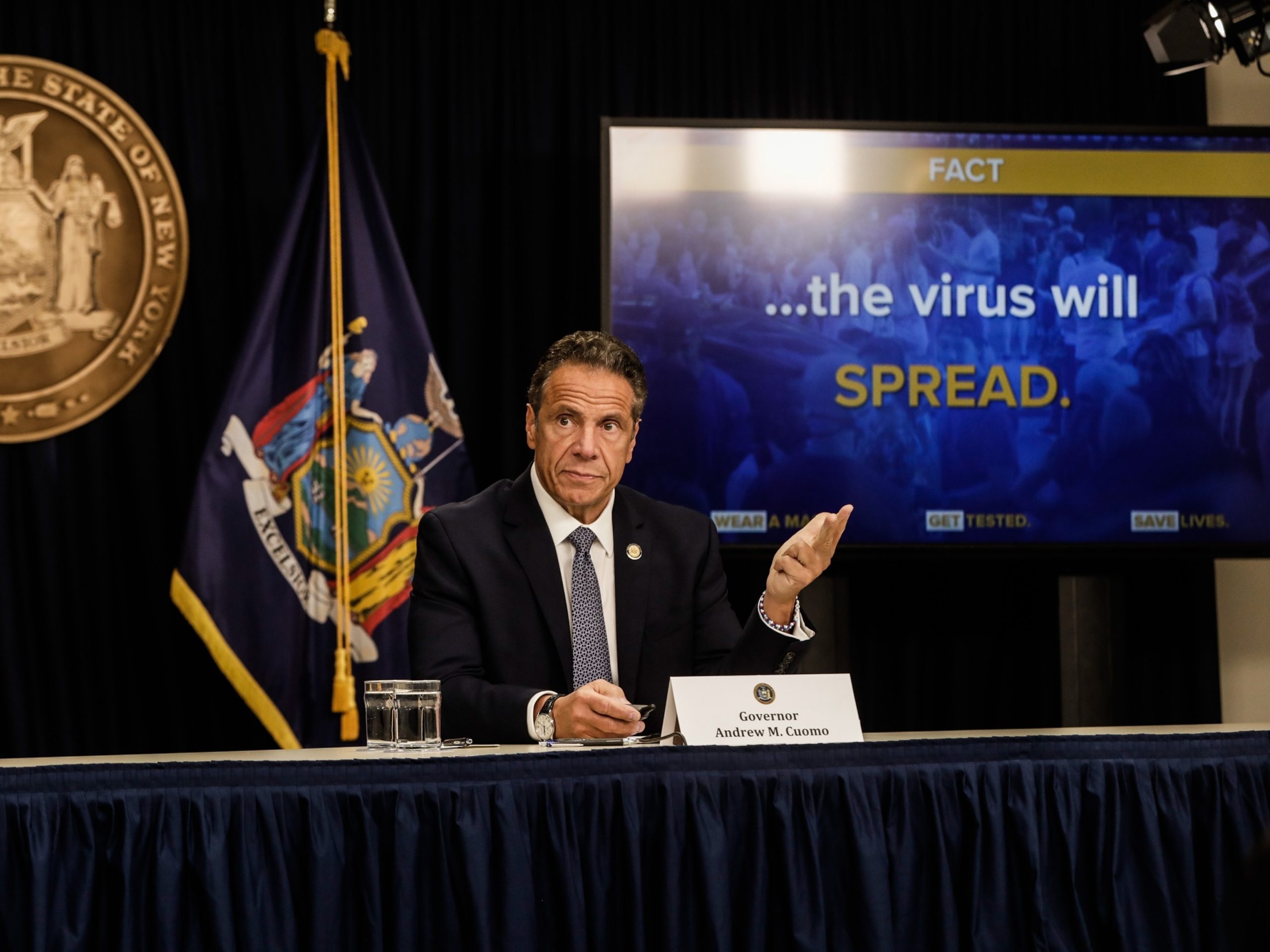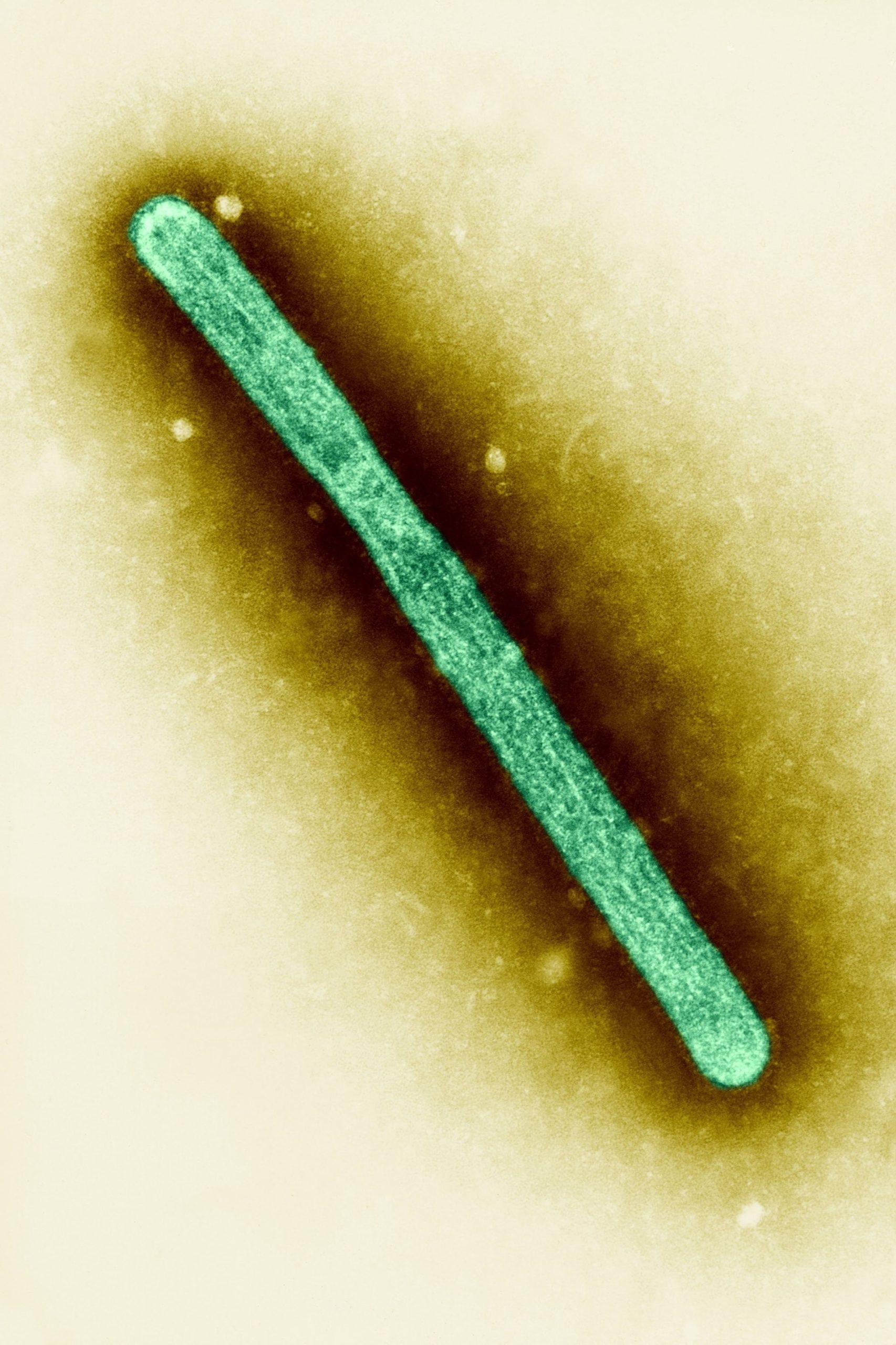The World Health Organization (WHO) declared mpox to be a public health emergency of international concern (PHEIC) on Wednesday
“Today, the Emergency Committee met and advised me that in its view, the situation constitutes a public health emergency of international concern. I have accepted that advice,” said WHO Director-General Dr. Tedros Adhanom Ghebreyesus during a media briefing on Wednesday.
In the U.S, there have been 1,634 cases of mpox reported so far this year, according to data from the U.S. Centers for Disease Control and Prevention (CDC).
That’s more than double the number of national cases seen at the same time last year but significantly lower than those seen during a U.S. mpox outbreak in 2022, CDC data shows.
PHEICs were most recently declared for the COVID-19 pandemic and the previous mpox outbreak of 2022.
Although mpox is endemic to parts of Central and Western Africa, cases have been rising dramatically in the Democratic Republic of the Congo (DRC).
This year, there have already been more than 14,000 mpox cases and 524 deaths reported in the DRC, according to the WHO.
There are two types of mpox: clade I and clade II, with clade roughly meaning they are descended from a common ancestor organism. While clade I has caused small, localized outbreaks in the DRC for years, researchers identified a clade I variant, known as clade Ib, that seems to spread mainly through sexual contact and appears to be behind the outbreak in the DRC.

View of the logo of the World Health Organization (WHO) on a building at its headquarters September 13, 2021 in Geneva, Switzerland.
Felix Zahn/Photothek via Getty Images, File
Tedros said the detection of clade Ib in neighboring African countries that have never reported mpox cases before – including Burundi, Kenya, Rwanda and Uganda – led him to convene a meeting of the WHO’s emergency committee.
“The detection and rapid spread of a new clade of mpox in eastern DRC, its detection in neighboring countries that had not previously reported mpox, and the potential for further spread within Africa and beyond is very worrying,” Tedros said during the briefing.
On Monday, the Africa Centres for Disease Control and Prevention (Africa CDC) – the continent’s top health agency – declared mpox a public health emergency of continental security (PHECS) – the first such declaration since the Africa CDC’s inception in 2017, according to the agency.
On the same day, the WHO published a report that found there were a total of 934 new laboratory confirmed cases of mpox and four deaths from 26 countries in the month of June, “illustrating continuing transmission of mpox across the world.”
There have been no cases of clade I mpox reported outside Central and Eastern Africa at this time, including in the U.S., according to the CDC. The risk of the type of mpox circulating in the DRC is low to the American public, according to the CDC.
Currently, the JYNNEOS vaccine, a two-dose vaccine approved by the Food and Drug Administration to prevent smallpox and mpox, is the only vaccine being used in the U.S. to prevent mpox. Data from Africa has shown two doses of JYNNEOS are at least 85% effective in preventing mpox infection.
The World Health Organization (WHO) has declared a public health emergency in Africa due to the spread of a newer strain of mpox, a highly contagious and potentially deadly virus. The outbreak has been reported in several countries across the continent, including Nigeria, Kenya, and South Africa.
Mpox is a viral infection that primarily affects the respiratory system, causing symptoms such as fever, cough, and difficulty breathing. In severe cases, it can lead to pneumonia, organ failure, and death. The newer strain of mpox is believed to be more virulent and easily transmissible than previous strains, making it a major concern for public health officials.
The WHO has mobilized resources and personnel to help contain the outbreak and prevent further spread of the virus. This includes providing medical supplies, training healthcare workers, and implementing public health measures such as quarantine and isolation protocols. The organization is also working with local governments and international partners to coordinate a response to the crisis.
The public health emergency declaration serves as a warning to the international community about the seriousness of the situation and the need for urgent action. It also allows for increased funding and resources to be allocated towards controlling the outbreak and providing support to affected communities.
In order to protect themselves from mpox, individuals are advised to practice good hygiene, such as washing hands regularly, covering coughs and sneezes, and avoiding close contact with sick individuals. Vaccination is also recommended for those who have not been immunized against the virus.
The WHO is urging countries to remain vigilant and prepared for potential outbreaks of mpox, as well as other infectious diseases. By working together and taking proactive measures, we can help prevent the spread of dangerous viruses and protect the health and well-being of populations around the world.



